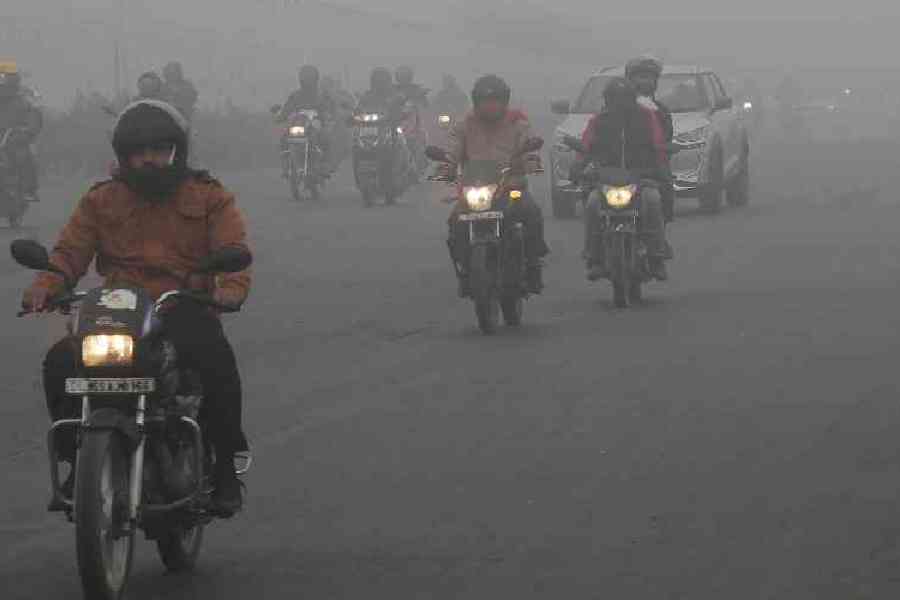Pakistan’s Punjab government on Friday declared smog a “health crisis” and used artificial rain in several cities across the province in an effort to combat its hazardous levels, as millions reported breathing problems and other respiratory issues over the past month.
This is the second time the Punjab government has opted for artificial rain.
In December last year, the government had a successful cloud seeding experiment in Lahore.
“The cloud seeding experiment conducted in Jhelum, Chakwal, Talagang, and Gujar Khan cities of Punjab resulted in rainfall in Jhelum and Gujar Khan on Friday,” the Punjab government said in a late night statement.
It said it held a successful trial of artificial rain using local technology.
“Cloud seeding was carried out at 2pm Friday and within hours, it rained in Jhelum and Gujar Khan.
There is also a strong likelihood of rainfall in Lahore after this experiment.
“The artificial rainfall will significantly help reduce smog,” it said.
Earlier in the day, addressing a press conference here, senior minister Marriyum Aurangzeb said the Punjab government has imposed a “health emergency” in Lahore and Multan districts to combat dense smog blanketing the province of about 130 million population for the last few weeks.
According to the provincial health department, around two million cases of respiratory disease, besides complaints of asthma, chest infections, conjunctivitis and heart issues, have been reported in hospitals during the last month.
Dense smog caused by toxic pollutants has engulfed several cities in Punjab with Lahore and Multan being the worst hit.
The AQI (air quality index) reading in Multan has already crossed 2,000 twice, setting a new record for air pollution.
“Many people suffering from respiratory problems don’t visit hospitals to seek doctors’ advice and instead self-medicate at home or visit informal dispensaries,” Aurangzeb said.










